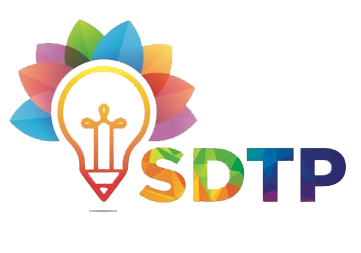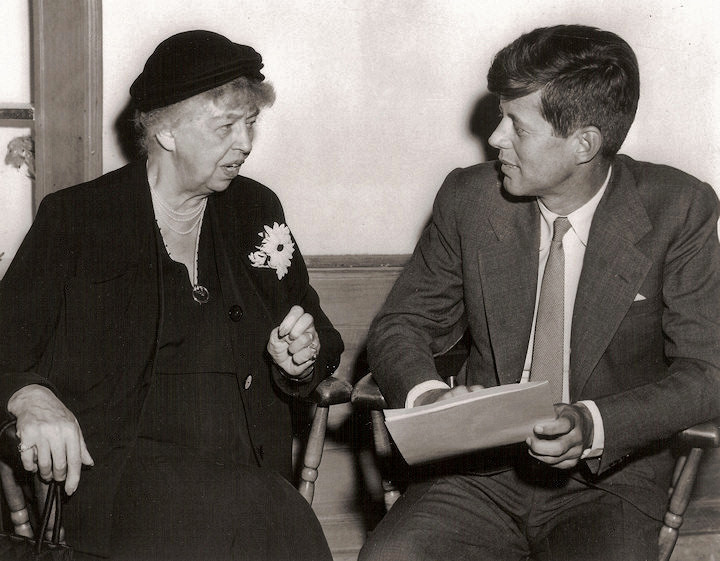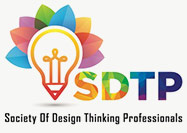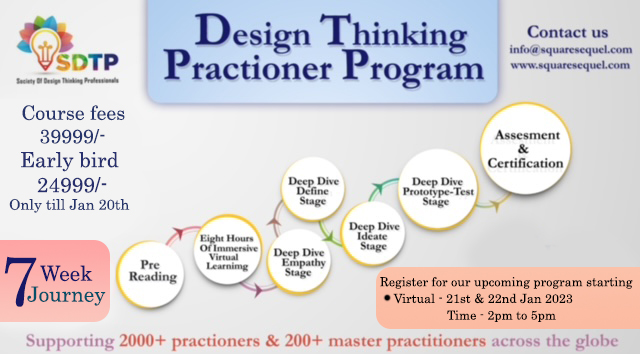“Since you get more joy out of giving joy to others, you should put a good deal of thought into the happiness that you are able to give.”
— Eleanor Roosevelt
Eleanor Roosevelt’s words have echoed through the halls of history, carrying a timeless message of guidance and wisdom for the youth. A trailblazer, diplomat, and advocate for human rights, she understood the transformative power of nurturing young minds and steering them in the right direction. The essence of her quote envelopes her commitment to imparting joy, knowledge, and purpose to the generations that would follow. This commitment was exemplified in her mentorship of a young John F. Kennedy, a relationship that would go on to shape not only his trajectory but also the landscape of American leadership.
By the year 1960, Eleanor Roosevelt had amassed over forty years of active engagement in the realm of politics. Her extensive journey included four decades of collaboration with labor and women’s organizations, more than two decades as an ally of civil rights groups, twelve years as the First Lady, seven years as a dedicated delegate to the United Nations, and three years contributing to the committee responsible for crafting the Universal Declaration of Human Rights.
John Kennedy’s energy, charisma, and political aspirations were strikingly akin to Eleanor Roosevelt’s. Although he couldn’t rival her extensive political career due to his relatively shorter tenure, his determination matched her fervor. Becoming the youngest individual ever to secure a presidential nomination, Kennedy’s political journey was briefer in contrast to Roosevelt’s enduring commitment. His fifteen-year span in Congress yielded no defining legislative accomplishments.
Departing from conventional political affiliations, he eschewed labels and embarked on a meticulously orchestrated campaign for the presidency, a blueprint that would shape the strategies of future contenders. Drawing a parallel with Roosevelt, he adeptly harnessed both written and electronic media to connect with voters and elucidate his political stances. His Pulitzer Prize-winning work in 1955, “Profiles in Courage,” played a crucial role in introducing him to the public as a valiant, self-reliant senator.
Eleanor recognized in Kennedy a spark of potential that could further ignite the flames of positive change. Kennedy, in turn, was drawn to Roosevelt’s legacy of compassion and her profound impact on shaping policy.
This unique mentor-mentee dynamic was not merely symbolic; it was woven with genuine respect and mutual admiration. Kennedy’s admiration for Roosevelt’s accomplishments, especially her efforts to promote civil rights and social justice, led him to seek her counsel. It was a relationship that transcended partisan lines; a Democrat mentoring a fellow Democrat, yes, but more significantly, a seasoned advocate nurturing a rising star.
Through shared political values and a dedication to improving the lives of ordinary Americans, their mentorship blossomed. Roosevelt’s insights into diplomacy and international affairs were particularly influential on Kennedy’s evolving worldview. He looked to her for guidance on foreign policy matters, especially during the height of the Cold War and the Cuban Missile Crisis. Roosevelt, in her capacity as a diplomat and former First Lady, shared her experiences and perspectives, helping Kennedy navigate treacherous waters and make informed decisions.
Roosevelt’s unwavering advocacy for civil rights and her work toward breaking down racial barriers resonated deeply with Kennedy. Her influence played a role in his growing support for the civil rights movement, leading to historic initiatives during his presidency.
As we delve into the story of Eleanor Roosevelt mentoring John F. Kennedy, we uncover profound insights into how guiding the youth can forge exceptional leaders, a lesson as pertinent today as it was during their era.
The Mentorship Dynamic
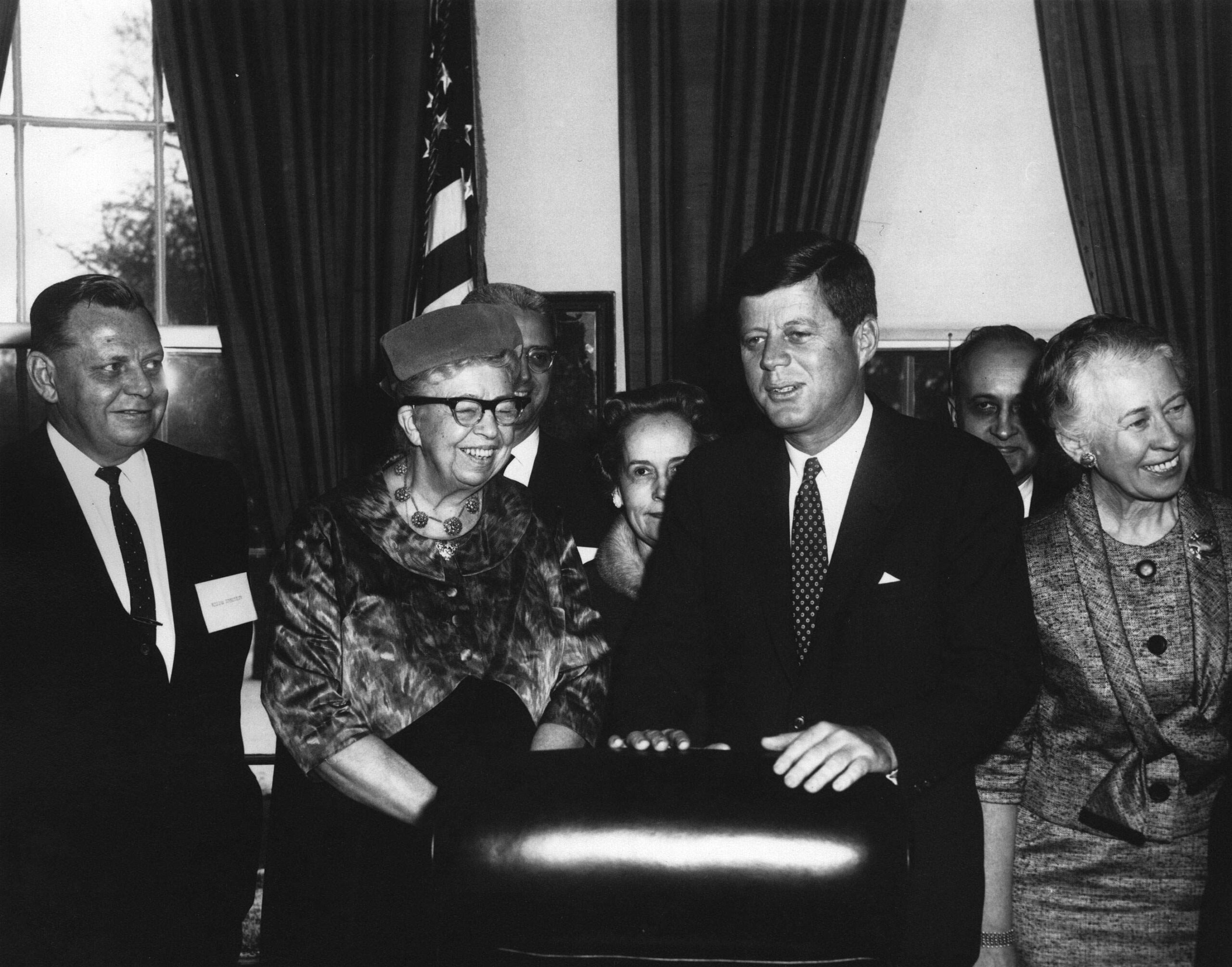
Eleanor Roosevelt’s mentorship of John F. Kennedy was founded on shared values and a common vision for a better America. At the time, Kennedy was a young congressman seeking to establish his political identity and make a lasting impact. Roosevelt, a seasoned and influential figure, recognized Kennedy’s potential and took it upon herself to guide, inspire, and challenge him. Their mentor-mentee relationship was a testament to the transformative power of intergenerational collaboration. Kennedy was influenced by her life’s work, and her ability to persevere in the pursuit of meaningful goals, and it definitely gave him a boost in pursuing his vision for a better America and world.
Be Empathetic
Eleanor Roosevelt’s remarkable capacity to forge connections with individuals from diverse backgrounds exemplified a defining trait that left an indelible impact on those she encountered. This trait, in turn, became a pivotal lesson for John F. Kennedy in the realm of leadership – an understanding of the indispensable role of empathy in guiding a nation. This lesson resonates even more profoundly in today’s world, where leaders who prioritize active listening and empathetic engagement can sow the seeds of trust and unity.
Eleanor Roosevelt’s deep commitment to racial equality and her close collaboration with African-American leaders influenced Kennedy’s perspective. Their interactions during these efforts provided Kennedy with firsthand exposure to Eleanor’s empathetic engagement with individuals from marginalized communities.
Additionally, Eleanor’s strong support for figures like Martin Luther King Jr., who was at the forefront of the civil rights movement, showcased to Kennedy the importance of standing by those fighting for justice and equality. Her unwavering dedication to hearing and addressing the concerns of minority groups and underserved communities set an example for Kennedy to follow.
Furthermore, Eleanor Roosevelt’s practice of reaching out to people every day and actively listening to their stories resonated with Kennedy’s own commitment to connecting with the American public. As he embarked on his political career, Kennedy sought to understand the aspirations and challenges of the citizens. This might well have been influenced by Eleanor’s own habit of engaging with a wide range of individuals during her extensive travels and public appearances.
Lead without Fear
Eleanor’s capacity to inspire fearlessness in her commitment to civil rights underscores her ability to lead without fear. She fearlessly advocated for racial equality at a time when such stances were met with resistance and hostility from some quarters. Her participation in the March on Washington for Jobs and Freedom in 1963, where Martin Luther King Jr. delivered his famous “I Have a Dream” speech, exemplified her unwavering commitment to her convictions, despite potential backlash.
Eleanor’s courage and principled stand on civil rights likely influenced Kennedy’s own approach. Her willingness to engage with and support civil rights activists, even when their cause was met with opposition, might have inspired Kennedy to lead without fear in confronting contentious issues. Her actions reinforced the notion that leaders must be unafraid to stand up for what they believe is right, even if it challenges the status quo.
Furthermore, Kennedy’s own experience with the Cuban Missile Crisis is an example of how he internalized the lesson of leading without fear. Faced with a potentially catastrophic situation, Kennedy chose to take a bold and resolute stance, leading to the eventual resolution of the crisis without resorting to military conflict. This decision can be seen as a reflection of his willingness to lead with courage and conviction, even in the face of tremendous pressure and risk.
Be Persistent
Eleanor’s resilience and determination in her involvement in the creation of the Universal Declaration of Human Rights reflects her ability to be persistent. As a delegate to the United Nations, she played a significant role in drafting this historic document, which aimed to set forth fundamental human rights and freedoms for all individuals. The process was complex and faced numerous obstacles, including differing viewpoints among the member states.
Eleanor’s dedication to seeing the Universal Declaration of Human Rights through to completion, despite the challenges and setbacks, exemplifies her persistence as a leader. Her ability to rally support, navigate disagreements, and continue working toward a common goal serves as a powerful illustration of persistence in action.
It is likely that Eleanor’s approach to tackling complex and long-term projects left an impression on Kennedy. Her commitment to persistently pursuing change aligns with his own political aspirations. This is particularly evident in Kennedy’s efforts to pass significant legislative measures during his presidency, such as the Civil Rights Act and the Peace Corps. These endeavors required steadfast persistence in the face of opposition and obstacles.
Set the Example
Eleanor Roosevelt’s commitment to setting an example is her involvement in humanitarian efforts during World War II. As the world faced the challenges of war, Eleanor used her platform to actively engage in initiatives that supported those affected by the conflict. She visited troops, inspected war-related facilities, and provided moral support to those on the front lines. Her actions sent a powerful message to the American public and leaders alike – that leadership requires leading by example, especially in times of crisis.
Eleanor’s dedication to serving as a role model likely resonated with Kennedy. Her willingness to roll up her sleeves, demonstrate empathy, and show her commitment through tangible actions left a lasting impression on him. Her actions illustrated that leaders must embody the values they espouse and inspire others through their conduct.
Kennedy’s own leadership style echoed this lesson. One notable example was his “New Frontier” agenda, which aimed to address various challenges facing the nation, from civil rights to economic inequality. By actively championing these initiatives and working towards tangible change, Kennedy set an example for his fellow citizens and other leaders. His call for a more engaged and proactive government demonstrated his commitment to turning words into action, much like Eleanor Roosevelt had done.
Turn Problems into Opportunities
Eleanor Roosevelt’s ability to turn problems into opportunities was her response to adversity during the Great Depression. As the United States grappled with economic turmoil, Roosevelt used her position as First Lady to initiate a range of initiatives aimed at addressing unemployment and poverty. She transformed the constraints of the Depression era into an opportunity to uplift individuals and promote societal betterment. Her advocacy for social welfare programs and support for struggling families underscored her belief in using challenges as a catalyst for positive change.
Eleanor’s approach to adversity likely influenced Kennedy’s own perspective. His presidency was marked by the Cuban Missile Crisis, a daunting challenge that could have escalated into a global conflict. However, Kennedy’s handling of the crisis demonstrated his capacity to perceive problems as opportunities for diplomatic resolution. His pursuit of negotiations rather than immediate military action showcased his ability to seek constructive solutions in the face of adversity.
Reach Out to Others
Eleanor Roosevelt’s emphasis on reaching out to others can be seen in her interactions with various interest groups and activists. Her ability to engage with diverse constituencies, from labor organizations to civil rights advocates, showcased her commitment to understanding various perspectives and building bridges. An illustrative instance is her engagement with labor leader A. Philip Randolph played a pivotal role in advocating for civil rights and labor rights. Eleanor’s alliance with Randolph demonstrated her skill in forming connections beyond her immediate circles to advance common causes.
Eleanor’s approach to fostering relationships likely resonated with Kennedy. His presidency was characterized by his adeptness at forming connections with influential individuals, both within and beyond the political arena. One striking example is his relationship with Martin Luther King Jr. During Kennedy’s campaign, he made a phone call to Coretta Scott King, Martin Luther King Jr.’s wife, when King was imprisoned. This gesture of empathy and support was an early indication of Kennedy’s willingness to reach out to leaders of the civil rights movement.
Eleanor Roosevelt and John F. Kennedy’s mentorship is a gift to posterity, summarizing a timeless playbook for leaders navigating today’s dynamic landscape. Empathy, courage, persistence, adaptability, and collaboration are not mere buzzwords; they are the cornerstones of effective leadership. As modern-day leaders forge their paths, they can draw inspiration from this remarkable alliance, embracing its lessons to illuminate their own journeys towards positive change and lasting impact. Just as Eleanor guided Kennedy, these lessons continue to guide us all towards a brighter future.
Timeless Lessons Of Servant Leadership
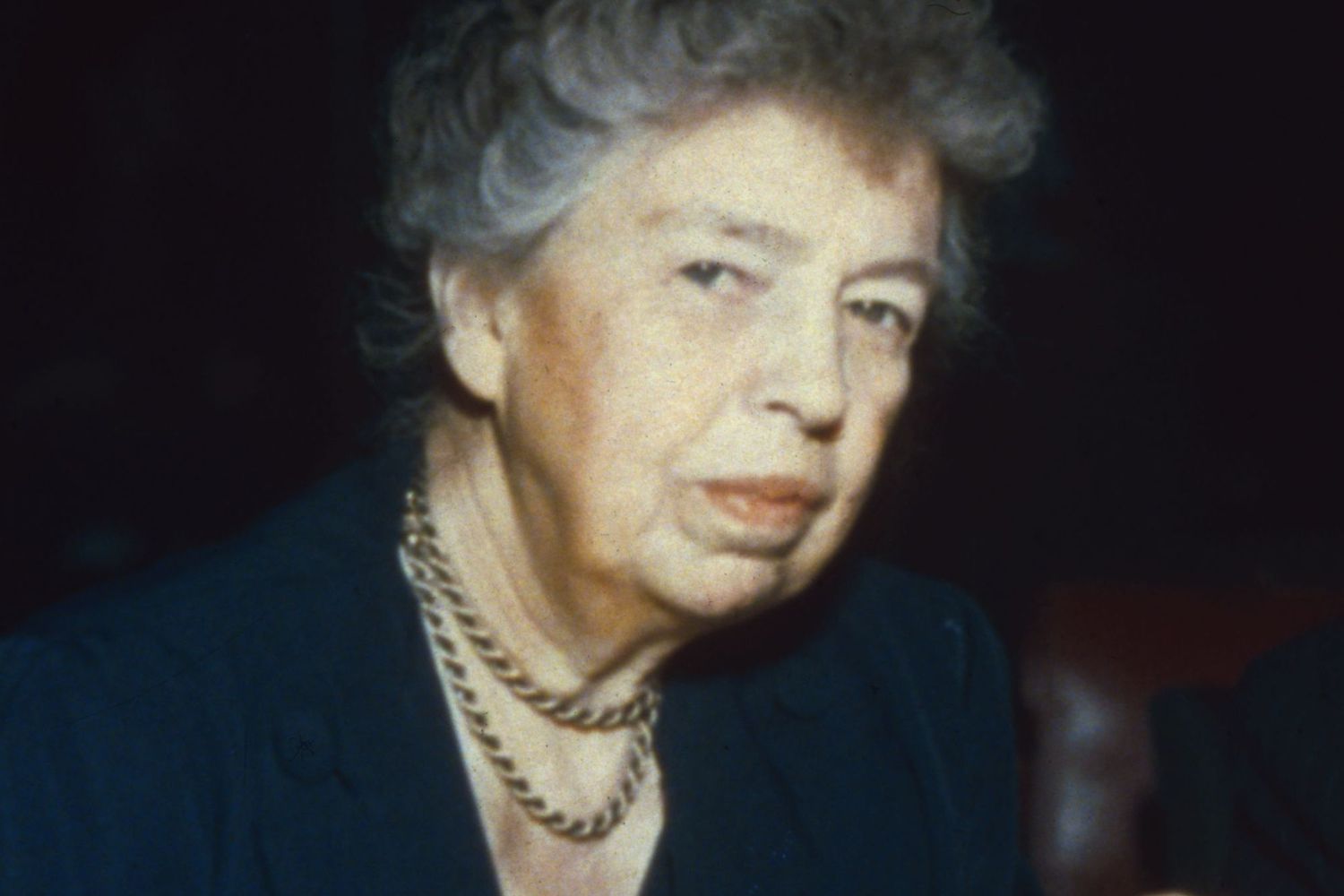
John F. Kennedy learned valuable lessons from Eleanor Roosevelt’s servant leadership, particularly in terms of empathy, advocacy for social justice, and embracing a broader purpose beyond personal ambition. During his early political career, Kennedy’s views on civil rights were relatively moderate. However, as he interacted with civil rights activists and leaders, including those influenced by Eleanor Roosevelt’s legacy, his perspective began to shift.
Eleanor’s unwavering commitment to civil rights and her alliance with figures like Martin Luther King Jr. demonstrated the power of advocating for justice and equality. These examples likely played a role in shaping Kennedy’s evolving understanding of the importance of civil rights and social justice in leadership.
The pivotal moment came during Kennedy’s presidency when he was confronted with the challenges of racial segregation and discrimination. He faced pressure to take a stance on these issues, and he realized the need for more substantial action. Kennedy’s ultimate decision to support the civil rights movement and propose the Civil Rights Act of 1964 marked a significant departure from his earlier positions and a clear alignment with the principles of servant leadership that Eleanor exemplified.
Through Eleanor’s influence, Kennedy learned that leadership involves not only responding to the immediate needs of the public but also advocating for marginalized and underserved communities. Her servant leadership philosophy likely underscored the importance of using one’s position of influence to effect positive change and promote the greater good, even if it involves challenging the status quo.
While Kennedy’s transformation on civil rights might not have been directly attributed to Eleanor’s teachings, the impact of her servant leadership on his evolving understanding of social justice and the responsibilities of leadership is evident. Her legacy of using her influence to serve those in need and advocate for equality served as a guiding light for Kennedy as he navigated the complex landscape of civil rights issues, ultimately shaping his legacy as a leader who embraced the principles of servant leadership.
In the twilight of history, the mentorship shared between Eleanor Roosevelt and John F. Kennedy resonates as a flare of wisdom for leaders of every age. It is a testament to the enduring impact of cross-generational collaboration and the power of shared values. Kennedy himself captured the essence of this transformative alliance with heartfelt gratitude, a sentiment that reverberates through time:
“As a young man, I benefited greatly from her advice and counsel. She was an inspiration to every American who believed in the promise of a better tomorrow. Eleanor Roosevelt set an example for us all, and I will always be grateful for her guidance and friendship.”
— John F. Kennedy
https://scholar.valpo.edu/cgi/viewcontent.cgi?article=1439&context=jvbl
https://core.ac.uk/download/pdf/158198666.pdf
https://www2.gwu.edu/~erpapers/mep/displaydoc.cfm?docid=erpintrob
https://www.britannica.com/topic/New-Frontier
https://www.historyplace.com/kennedy/politician-elenor-roosevelt.jpg
https://www.docsteach.org/images/documents/128140727571/orig_128140727571_274549.jpg
Written By: Jimmy Jain
Edited By: Afreen Fatima
Society of Design Thinking Professionals
